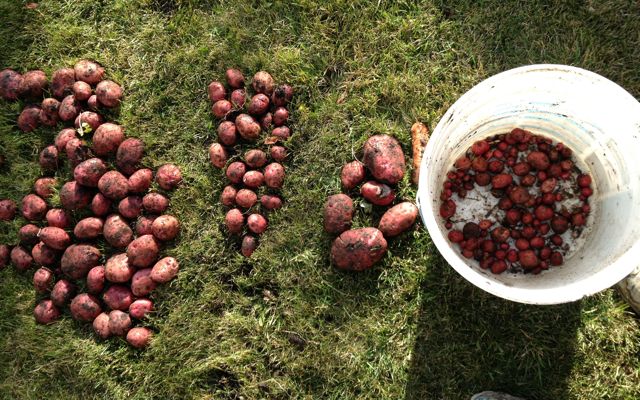 Post-vacation blues are not limited to dreading returning to work. Vacationers often lament gaining “ten pounds” on their vacations.
Post-vacation blues are not limited to dreading returning to work. Vacationers often lament gaining “ten pounds” on their vacations.
There is no need to gain weight on vacation. While it’s harder to adhere to a healthy diet when travelling, it’s not impossible. Here are some tips to avoid food going “to waist”!
- Stay the course. Your health is your greatest asset and doesn’t take vacations. A devil-may-care attitude about what you consume will cost you on many levels. Bingeing at buffets daily WILL affect your health, (although I’m all for a good feast once in a while!) Keep up your exercise regime as much as possible.
- Don’t over-imbibe. Alcohol is packed with empty calories that go straight to belly fat. In moderation your body can handle it but starting poolside happy hour at 10AM will fatigue your body. Drinking every day impairs your body’s repair-ability.
- Ask for special concessions and preparations. Restaurants are surprisingly accommodating if you ask. On our recent family trip to Disneyland, we found the park over-the-top helpful when we asked about their gluten and dairy-free options. At one restaurant on Main Street Disneyland, the chef himself took our order and assured us he, alone would prepare our meal. (Note: they did not advertise gluten-free, but many places in SoCal had GF menus).
- Always get a bar fridge in your hotel room, because…
- …the grocery store is your first stop. Buy cut-up veggies, fruit, nuts, healthy dips, almond milk. Keep them in the bar fridge (see #4). Not only can you save big bucks on food by shopping at the grocery store for some of your meals and snacks, it’s easier to eat clean when healthy snacks are available. (Pack baggies to carry and store snacks).
- Oh, and buy a case of bottled water. We often don’t drink enough water on vacation; dehydration triggers feelings of hunger. Keeping cold ones in the bar fridge helps you stay hydrated. Coffee, soft drinks, and alcohol all contribute to dehydration.
- Plan daily snacks. Packing a cooler bag with some fruits, nuts and veggies can head off the hangries that strike and help you avoid the temptation of unhealthy options generally available at tourist attractions.
- Make smoothies. I carry a small blender (Magic Bullet) when I travel with my grandtoys. They love smoothies for breakfast, desserts and snacks and it’s a great way to use overripe fruit. This trick saves huge money on breakfasts!
- Watch your portions. Restaurants, especially in the USA, serve mountains of food on one plate. My husband and I often share dishes and still have leftovers! If you can’t share, ask for a carton and immediately put half away to take with you. Also, it’s not a crime to leave some of your fries on the plate. If more people stopped eating, the portions might shrink!
- Scout restaurants in the area that have healthy choices. In California, we ate several times at Soup Plantation, a soup and salad restaurant, (called Sweet Tomatoes in Arizona). They featured gluten-free lemon muffins when we were there. The grandtoys were in heaven! We also ate frequently at Mother’s, which is a Southern California health food store chain with attached vegetarian restaurant. The grandtoys had Mother’s gluten-free pancakes and French toast several times as well as consuming a few peanut butter banana smoothies. I had baked sweet potatoes (better than fries), plates of steamed seasonal veggies and pita pockets filled with shredded beets, carrots, with avocado and tomatoes. Yum!

Bonus Tip #11: Get back on the horse. It’s inevitable that your eating habits (aka diet) will be disrupted when you’re on vacation. So what if you come home a few pounds heavier? Resume your healthy practices and you’ll soon be back to your svelte self. Hopefully you tried some new healthy foods you can add to your repertoire.

